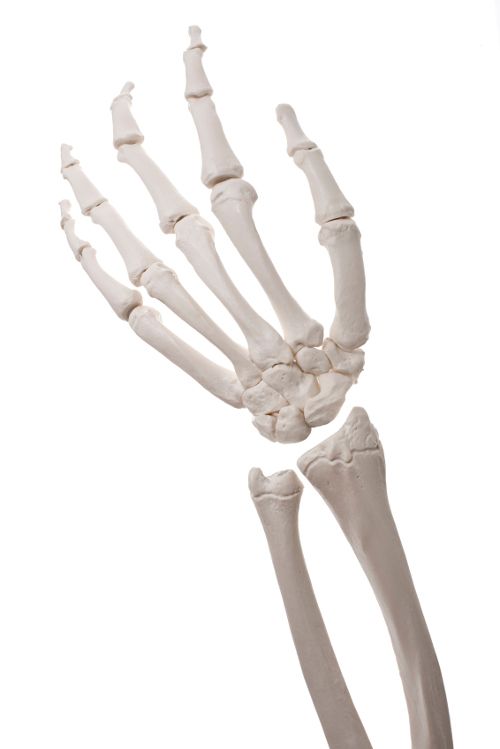Bone Health Is New Health Area for Probiotics for Supplier Probi
New study results support the development of a new bone-health probiotic category for the company, Probi says.
Photo © iStockphoto.com/archives

Probiotic ingredient supplier Probi AB (Lund, Sweden) announced the results of a recent, unpublished clinical study showing that a proprietary probiotic strain from the firm reduced bone loss in postmenopausal women. The company says the study results indicate its probiotics’ potential in the bone-health category and osteoporosis, which the company calls “a new probiotic area and a completely new health indication for Probi.”
According to the company, the probiotic supplement used in this study is a combination of three patent-protected probiotic strains from Probi. In the randomized, double-blind, placebo-controlled trial, 249 postmenopausal women were given a daily dosage of one capsule containing either Probi’s probiotic strain or a placebo for a period of one year. Researchers recorded subjects’ bone mineral density using dual-energy X-ray absorptiometry (DXA).
At the end of the study period, the women who were given Probi’s probiotic supplement exhibited a significant decrease in bone loss compared with the control group, which exhibited significant bone loss over the course of the study, the firm says.
Ole Søgaard Andersen, CEO, Probi commented on the study results in a press release from the company: “We are very excited about the results showing an opportunity to delay the progression of bone loss by using our probiotics in this healthy population, which potentially may lead to a reduced risk for osteoporosis.”
Linda Neckmar, Probi’s director of marketing and sales, told Nutritional Outlook that, given these results, the company believes that it now has sufficient scientific evidence to take this bone-health probiotic concept to market. “Prior to the clinical study, the strains [had] been tested in a mouse model of bone loss, and the results from the clinical study confirm the earlier findings,” added Titti Niskanen, clinical project director, Probi.
In the press statement, the company noted that osteoporosis is a serious bone-health concern that “places a considerable economic burden on the healthcare system and entails a lot of suffering for the patients in relation to bone fractures.” In addition, it said, the bone-loss process that increases the risk for osteoporosis begins as early as age 30, and as the population ages, the incidence of bone fractures increases, as well. Thus, solutions for attenuating bone loss are increasingly important.
Neckmar said that while the gastrointestinal-benefits category continues to be the strongest segment for probiotics, there are now “additional indications in the field of probiotics reaching the market, such as immunity, mineral absorption, and now also bone health. And we see that consumers [are beginning] to understand that probiotics are so much more than just gut health.”
To that end, said Neckmar, the company plans to continue to invest in consumer education about probiotics’ benefits beyond gut health.
According to Probi the number of product launches touting benefits for bone health is on the rise. However, it added, Probi’s strain will be among the first probiotics launching in this category. The new bone-health probiotic concept is targeted toward the consumer healthcare and functional food market segments and is slated for launch later this year.
Said Neckmar: “By broadening the Probi probiotic offering, we can attract new customers and also have a broader offering to our existing customers.”
Also read:
Probiotic Blend Supports Immune Health in New Study
What Will It Take to Expand Probiotics’ Customer Base?
Probi Probiotics May Delay Onset of Gluten Intolerance in Children in New Clinical Study










